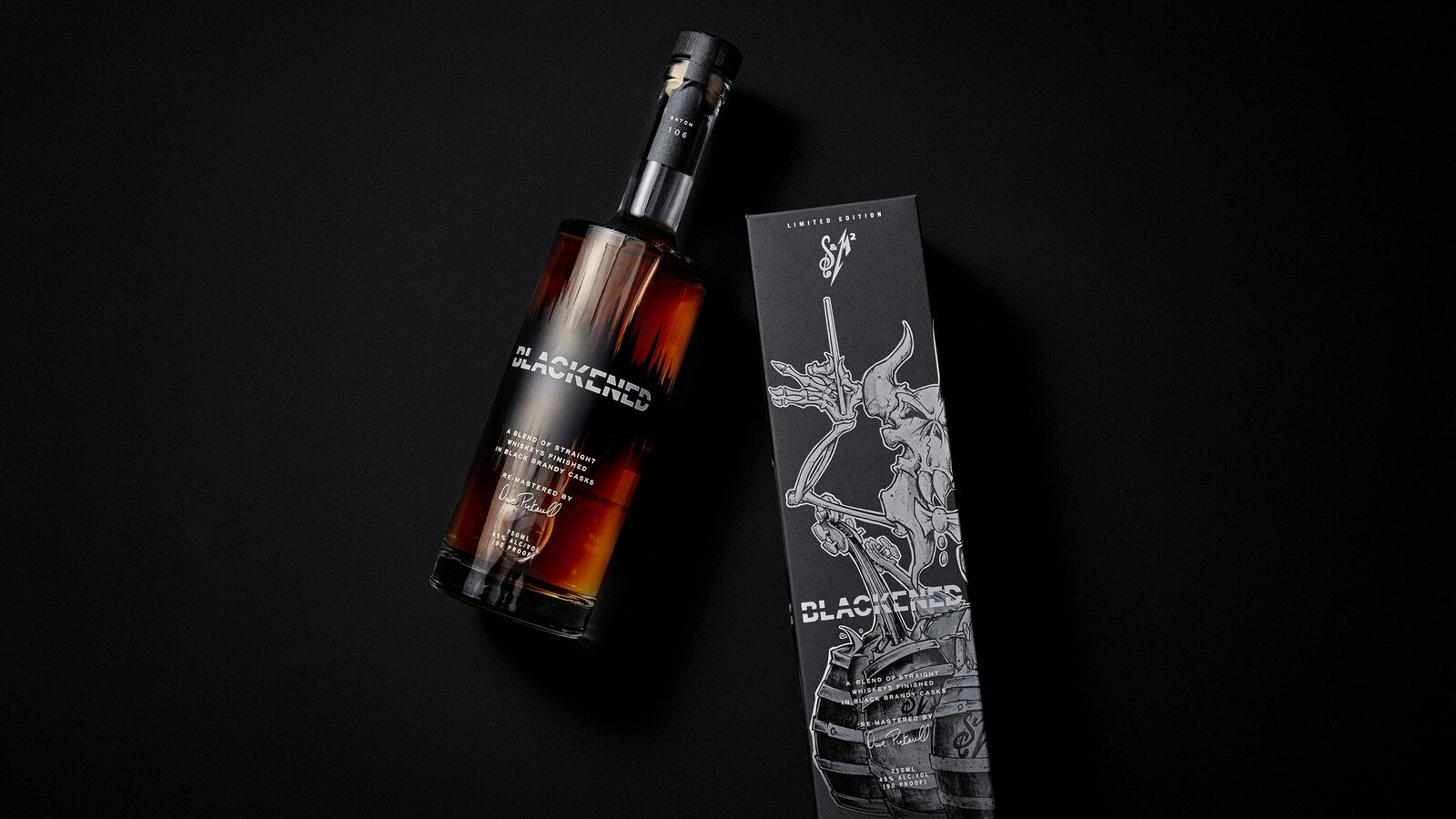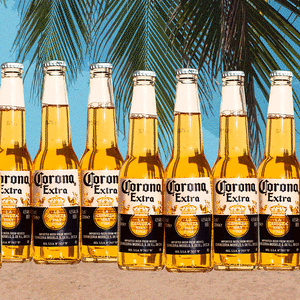For whiskey collectors the fall is the time to go shopping with a long list of special and limited-edition releases dropping.
Most of these bottles are available across the country in very small amounts, spreading a little bit of whiskey glory all around.
But there are also some releases that are even more focused, which are available in just one state or even a single city.
Sure, there are lots of whiskies that are only for sale in a limited area, but usually that is because the distillery is small and they don’t make a huge amount. But it’s different when a distiller or a brand that’s nationally distributed decides to get out the Sharpie and make a circle on the map, and say, “Only here. Nowhere else.” It’s kind of special, and the reasons often make it even more so.
For example, a new Old Overholt 11-Year-Old Rye Whiskey, which I recently wrote about, is only sold in Ohio and Pennsylvania as a means to pay tribute to the brand’s roots in the Ohio River Valley.
Sometimes it’s just about brand loyalty and home territory. Heaven Hill traditionally kept alive some regional brands, like Stephen Foster Rye in Wisconsin, Henry McKenna Bourbon in the Carolinas and Pikesville Rye in Maryland. I recall buying good cheap Pikesville in Maryland years back (a black-and-white label, and it was less than $20 for a 1.75 liter bottle).
Those days are gone and these brands have broken out in much wider distribution. But Heaven Hill hasn’t forgotten the steps to the dance. They recently released the excellent new Elijah Craig Rye in only four states–Georgia, Oregon and the Carolinas–with a possible bigger release down the road depending upon its reception. When you see this whiskey come to your state, don’t hesitate to pick up a bottle. (It has a suggested retail price of $30.)
You’ll, of course, find a lot of these “home territory” brands in one particular state: Kentucky. All the big bourbon makers are still in the Bluegrass State. You can count on finding Kentucky-only bottles on the shelf at liquor stores (and some at the distilleries and visitor centers). Mostly they’re bargain brands that pack a powerful value proposition, so sample the bottom shelf whenever you visit.
Occasionally, a distiller will release a Kentucky-only bottling out of respect for the history of the distillery or the brand or as a thank-you to its workers, farmers and truckers. And sometimes it’s just Kentucky, damn it, like the latest King of Kentucky release from Brown-Forman, which debuted in September. This third annual-edition of the revived legacy brand will see small numbers of bottles in Illinois and Ohio, but the majority will stay in the “kingdom.”

King of Kentucky 2020 is a 14-year-old cask strength single barrel bourbon drawn from 37 barrels that were matured in Brown-Forman’s “cycling” warehouses, gently warmed with steam in a continual weeks-long cycle throughout the year. Master distiller Chris Morris notes that this whiskey “continues to teach us about the impact that long-term heat cycled maturation has on barrel yield and flavor presentation.” As a result, the bourbon is complex and flavorful, but not over-wooded. A real treat for Kentucky drinkers, since it fetches $250 a bottle.
Often geo-targeting is the result of collaboration between a distiller and a non-whiskey maker. That’s what’s behind Westland’s Cask Exchange program, which is only available in the pioneering craft distiller’s hometown of Seattle. Cask Exchange involves Westland lending a few used whiskey barrels to a local brewery, where they’re filled with beer (at the brewer’s whim) and then sent back to Westland who uses them a final time to age whiskey.
The Cask Exchange with Black Raven Brewing, for example, started with two of Westland’s single malt casks and two bourbon casks, which then aged coffee stout and a “kriek-style” cherry sour. These barrels were then used to finish a five-malt whiskey. A Cask Exchange with beloved Seattle brewer Holy Mountain is coming up for release at the distillery in December and then will be available throughout Seattle and Washington state in January. The Exchange bottles sell for a list price of $123.
And sometimes the specific market the whiskey is destined for is across the country from the distillery. I called FEW Spirits founder Paul Hletko recently to talk to him about the single barrel bottlings he does for targeted markets. One of them was a special version of FEW’s Cold Cut Bourbon, which is a bourbon that’s proofed with cold-brew coffee instead of water.
“I’m friends with Chris Campbell at Chameleon Cold-Brew,” Hletko said. “The target was for it to be all in Austin. Chameleon is the hometown cold brew. They sent us a [container] of coffee. We harvested some bourbon and put the coffee in the barrel, then put the bourbon back in to finish it. It was good! We put the Chameleon logo on it and shipped it back down to Texas, where it continues to be sold.”
FEW also did a special bottling for an account in California that simply “wanted something no one else had,” Hletko said. “We sold them a special maple syrup-finished whiskey, called Breakfast Whiskey. I also sent a smoked malt whiskey to the U.K.”
Hletko took a moment to talk about the purpose of these geo-targeted releases. “Strategically, it’s about finding places where [a product] will have better engagement. If you’re doing a collaboration with a local brewery, a local coffee company, it probably won’t have the same impact in another city. They won’t care the same way.”
Blackened Whiskey, the collaboration between Metallica and the late master distiller Dave Pickerell, is available in 26 states, but the band decided to release a geo-targeted bottling recently. Batch 106 is the first in a new Blackened Cask Strength program, and uses the “S&M2” album (another collaborative project, bringing together Metallica and the San Francisco Symphony) as a playlist for its Black Noise sonic-enhancement process. Black Noise uses ultra-low hertz sounds to create “acoustic cavitation” in the whiskey; creating and collapsing thousands of tiny bubbles that fire “microjets” of whiskey deep into the wood of the barrel.
Batch 106 ($55) is bottled at 110.7 proof, and is only available at select Kroger locations in Kentucky and Luekens Wine & Spirits in Florida. Why there? Kentucky is whiskey country. “It doesn’t hurt!” noted Blackened master blender Rob Dietrich, and the state is also the site of the Louder Than Life heavy metal festival that was supposed to take place earlier this year, which Metallica was going to headline. The Tampa area has an exceptional group of Metallica and Blackened fans, so they got the rest.

My favorite geo-targeting reasons came from Scotch whisky powerhouse Aberlour, who recently did two of them. They partnered with the Design Museum of Chicago for a competition to create packaging for a 15-year-old single cask Aberlour ($250) matured in first-fill bourbon barrels. Every bit of it was put on shelves in Illinois in boxes (made by Midwestern artisans) of charred wood with gold accents, meant to symbolize the Chicago Fire and the brassy horns of the city’s rich jazz history.
Aberlour also released a 19-year-old single cask whisky at the end of 2019 in California. The first-fill sherry cask gave the whisky rich aromas of spice and oranges. That seems to have led the folks at Aberlour to think of the Golden State, and a decision to release the whisky there. That’s a great reason, too.
Terroir, or provenance, is all about the effects of a place on how whiskey is made, on how a whiskey will taste. It’s fun to speculate on the effects of a place on how a whiskey is sold, appreciated and remembered. This whiskey, this place, this time, because not every whiskey is for everyone, which is another useful lesson in whiskey appreciation. And sometimes you just get lucky!



